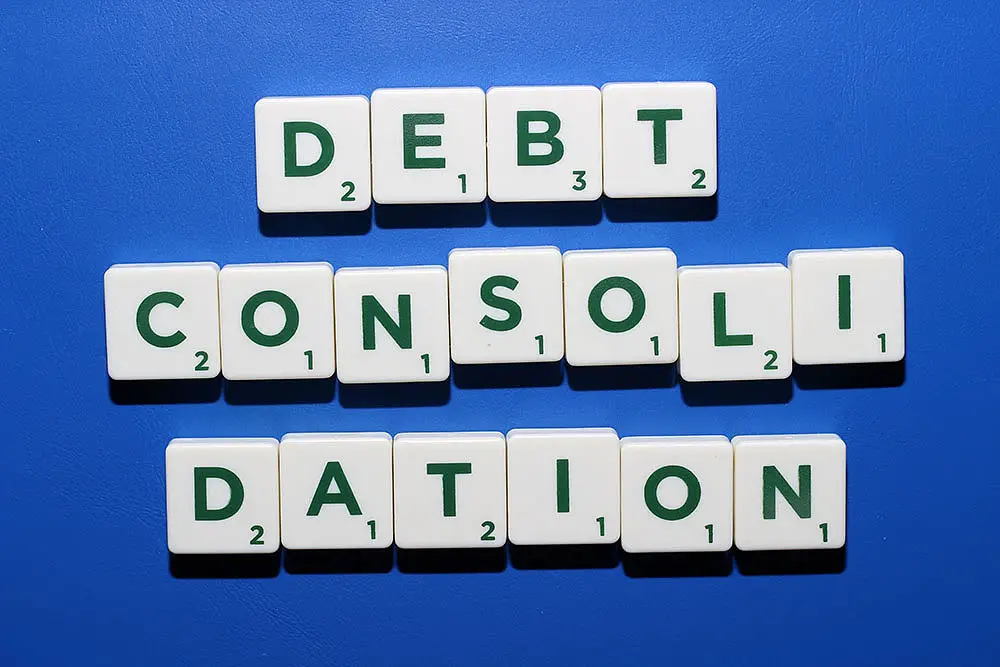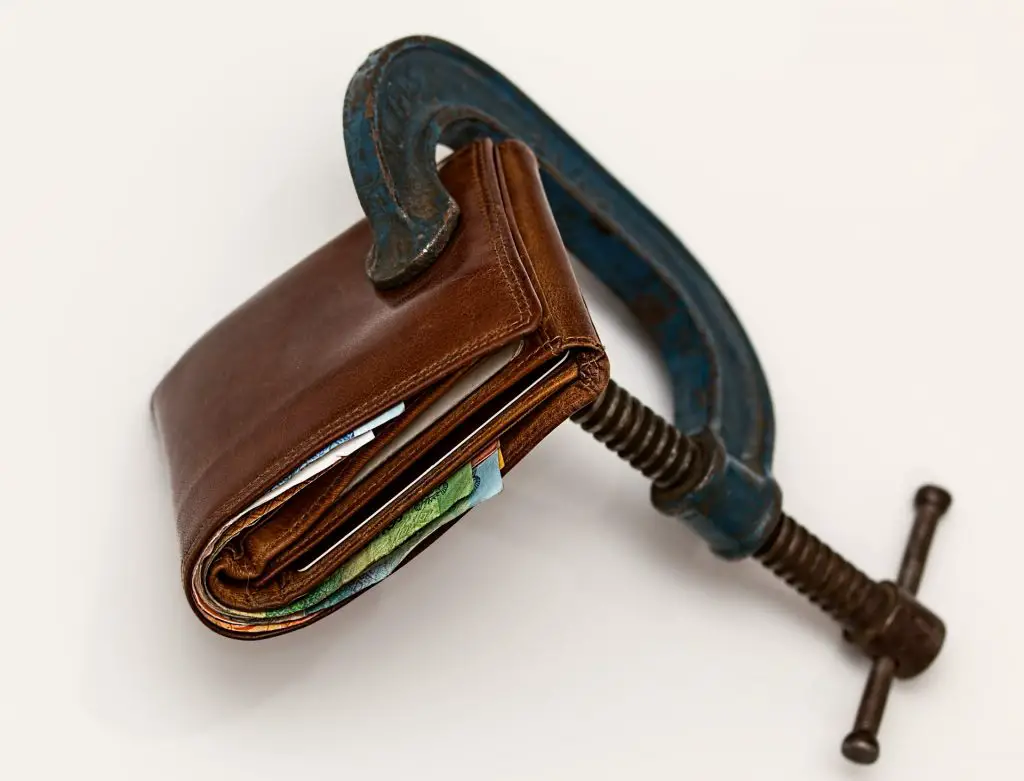
When it comes to paying off debt there are multiple approaches you can take. For some, debt consolidation seems to be the answer but is debt consolidation the best answer?
What is Debt Consolidation?
Debt consolidation is essentially taking out one loan to pay off all (or a good chunk) of your debt. It is generally used for people who have a large amount of consumer, or credit card, debt. This makes it so that you’ll have one easy payment each month going towards your debt-payoff efforts. For some, this has been the answer to their struggle with debt.
The Problem With Debt Consolidation
The biggest issue with debt consolidation isn’t taking out a loan to pay everything off. The issue lies with the individual’s personal finance approach. Normally, people who consolidate their debt have no plan to spend cash and not run their credit cards for everything. This makes it so that some people who have taken the debt consolidation route may wind up back in tremendous debt. There is also a good chance that they don’t have an emergency savings fund either, which means if an emergency arises it will likely go on their credit card.
And, even if you’ve established a solid plan for saving and reforming your spending habits, debt consolidation may wind up costing you more in the long run. For the most part, people choose debt consolidation to make their lives a little easier and, in some cases, decrease their monthly debt payment. However, debt consolidation loans can come with a higher interest rate and will last much longer than most of your current debt repayment plans. This means you could potentially wind up paying more when all is said and done.
Should You Consider Debt Consolidation?
If you’re thinking about debt consolidation, you’re not alone. There are plenty of people who have consolidated and paid off their debt successfully. And, while there are plenty of things to consider before doing so, it is a viable option for some. If you’re considering debt consolidation, remember the bottom line: Will it cost you more to consolidate? If the answer is yes, don’t.
Also, be sure that you have a solid financial plan for once your debt is consolidated so you don’t go back to the same spending habits. Oftentimes “moving” the debt, like you do when you consolidate, makes people forget about the debt they were in, to begin with.
Other Ways to Get Out of Debt Without Debt Consolidation
Debt consolidation is far from the only way to pay off a large amount of debt though. Here are just a few ways to get out of debt without consolidating:
- Get a Look at Your Finances – Take a minute and really sit down with your finances. Get an idea of what is possible and what is out of reach in terms of paying off your debt and your budget. If you need to, reach out to a financial advisor.
- Write Down Your Budget – Once you’ve got a sense of what your finances are like, start tracking your spending and create a budget. Make sure you write it down and hold yourself to sticking to it!
- Get a Second Job – If you’re having trouble paying off your debt, consider getting a second job or side hustle. Bringing in more money will always positively affect your finances.
- Live on Less Than You Make – This is a budgeting basic but something you need to keep in mind. If you truly want to be debt free you CANNOT spend more than you make.
- Don’t Take on New Debt – If you’re just getting out of debt or trying to get out of debt, don’t take on any new credit cards or loans. Though credit card offers can be tempting, just say no.
Getting out of debt is no easy feat. While debt consolidation may seem like the answer to your problems, be sure you consider taking some simpler avenues (like living on less than you make and earning more) before taking on a consolidation loan. Remember, it’s not really getting rid of your debt, it is simply moving it!
Have you consolidated or paid off debt successfully? We’d love to hear your story!
Photo: CafeCredit.com
You may also enjoy reading:
